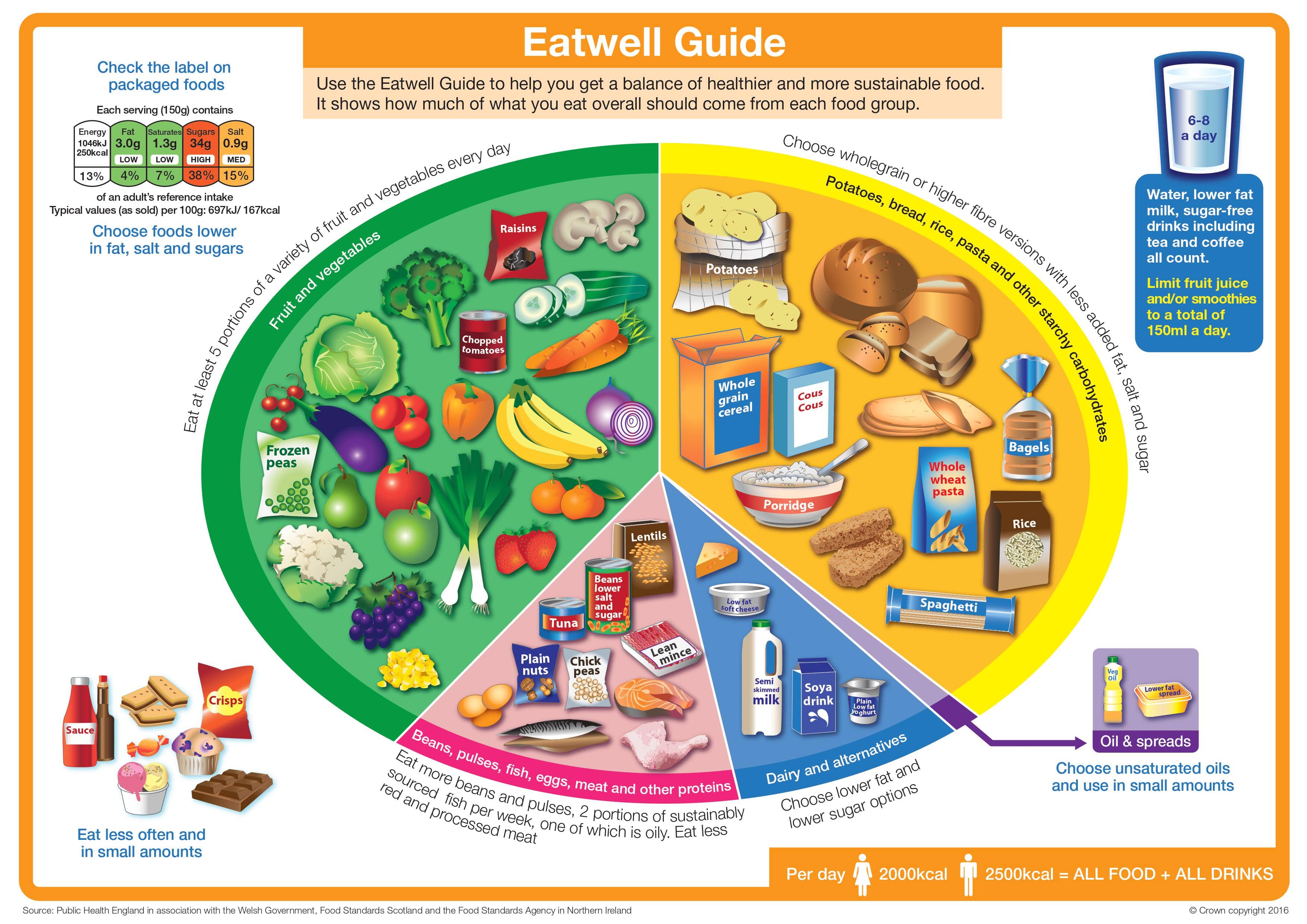Healthy eating in the early years
Under the UN Convention on Rights of the Child, of which the UK is a signatory, good nutrition is regarded as a fundamental human right that encompasses the right to safe drinking water, nutritious food, a clean and safe environment, and education for leading a healthy lifestyle.
A healthy diet is essential for our bodies and our minds. This is true for all of us, but it is particularly important for ensuring the healthy growth and development of young children. In their early years, children develop tastes and habits that can last a lifetime. This window is a crucial time to guide them in the right direction towards the development of lifelong habits informed by healthy choices.
However, the stark reality is that the current generation of children may become the least healthy adult population in living memory. Obesity rates continue to soar, with over one quarter of four and five-year-olds now overweight or obese by the time they start school. Children in the most deprived areas of the country are more than twice as likely to be obese than children living is the least deprived areas.
Why is healthy eating in the early years important?
Recent studies have also shown that poor nutrition is linked to a number of health conditions, including:
- type II diabetes, which usually appears in adulthood
- poor dental health in many young children
- iron deficiency due to poor diet, which is linked to slower intellectual development and poor behaviour in the longer term.
In recent years, changes in children’s diets have affected their nutrient intakes with some children eating foods that are low in energy, iron and vitamin A, and high in saturated fat, sugars and salt. In addition, many young children eat fewer than the recommended five portions of fruit and vegetables each day.
As professionals in early education and care, it's part of our role to support children develop a positive relationship with food from an early age. It's essential that early education and care provisions integrate healthy eating practices into everyday activity and ensure that all children are provided with a nutritious balanced diet that supports their growth and development.
What does a balanced diet for children look like?
A healthy, balanced diet means not only eating the right types of food, but also eating them in the right amounts. How much a child needs will vary with age, body size and how active they are. No single food provides all the nutrients we need to stay healthy and moderation is key.
This guidance supports children from two years of age because babies have a very different nutritional need.
All the national nutritional guidance agrees that a healthy, balanced, nutritious diet is based on the four food groups below:
- Potatoes, bread, rice, pasta and other starchy carbohydrates. These should be offered at each meal and as some healthy snacks. Altogether, they should make up a third of food served each day.
- Fruit and vegetables. At least five portions of different fruits and vegetables should be eaten each day.
- Beans, pulses, fish, eggs, meat and other proteins. Two portions of meat and fish or two to three portions of vegetarian alternatives.
- Dairy and alternatives. Offered at 2 to 3 meals and snacks.
The Eatwell guide includes a fifth group: oils and spreads, with the guidance advising we opt for unsaturated oils and spreads and to eat them in small amounts.

Eating a wide variety of foods from these groups will provide children with the balance of nutrients they need for healthy growth and development.
Key points about a healthy diet for children:
- Ensure children are offered food in the right proportions from the four main food groups each day to ensure they are getting a good balance of food and all the nutrients they need.
- The focus for young children should be to offer three main meals and two to three nutritious snacks each day, including a good balance of food from all the food groups.
- Children under five need a relatively higher fat, lower fibre diet compared to older children and adults.
- Children under two should have whole (full fat) milk and dairy foods to support their growth.
- Children aged between two and five years old who are growing well can have semi-skimmed milk.
- Provide food containing unsaturated fat from plant and fish sources, and limit consumption of saturated fat.
- Limit consumption of food and drinks high in added sugar. These contain very few nutrients and are a leading cause of tooth decay.
- Limit consumption of salt as it can lead to serious health conditions in later life, such as stroke, heart disease and kidney problems.
- Children should be encouraged to drink tap water throughout the day and fresh drinking water should always be accessible.
Key takeaways
We know that the foundations of lifelong health and wellbeing are built in early childhood.
Evidence strongly suggests that empowering children and their families to establish healthy eating habits in their early years is key to support growth and development, as well at to prevent future health problems.






